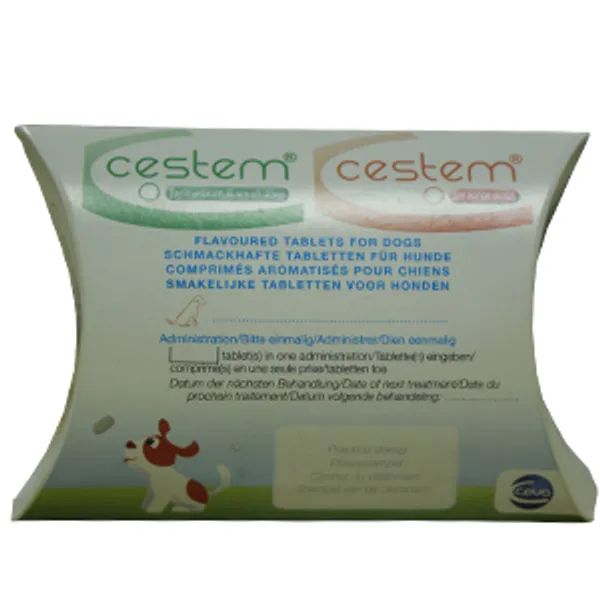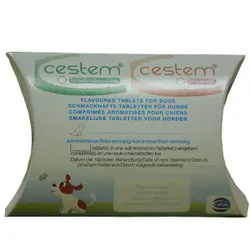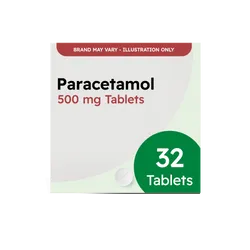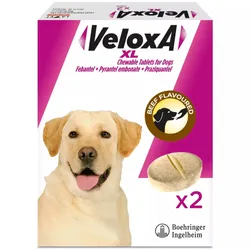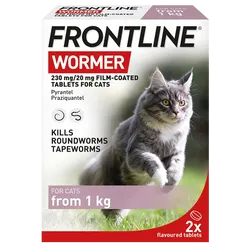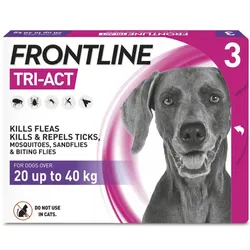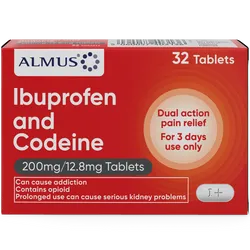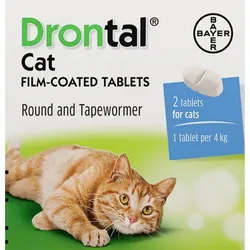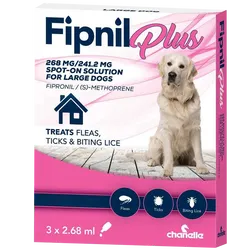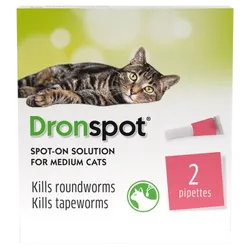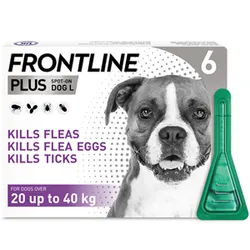Cestem® tablets are liver flavoured and therefore readily accepted by most dogs, either mixed in the food or given as a tasty treat.
Worms live in your dog’s intestines by attaching themselves to the gut wall and feeding on digested food or blood. There are many different types of worm that can infect your dog, including:
Roundworms: These are thought to infect around 10% of adult dogs at any one time. Dogs can pick up roundworm eggs from the faeces of infected dogs or foxes. In addition, puppies can become infected during pregnancy or through their mother’s milk.
Tapeworms: Tapeworms have the appearance of a segmented, flattened ribbon and, in infected dogs, segments may be seen passing out into the faeces. Dogs can become infected by eating inadequately cooked meat or by accidentally ingesting infected fleas.
Hookworms: Although small, hookworms have a large mouth containing teeth or ‘cutting plates’ which they use to slash the intestinal mucosa and feed off blood. Heavy infestations can cause diarrhoea and, in some cases, anaemia.
Whipworms: These attach themselves to the large intestine and heavy infestations may cause bloody diarrhoea. Dogs become infected by ingesting whipworm eggs, which can survive in the environment for long periods.
